Why the Supreme Court’s Latest Copyright Ruling May Be Short-Lived
Copyright Lately
MAY 10, 2024
That’s because it does away with a nationwide split among appellate courts, including a 2020 ruling by the influential Second Circuit Court of Appeals that limited copyright infringement damages to three years before the filing of a lawsuit, even if the plaintiff had been unaware of earlier infringements.

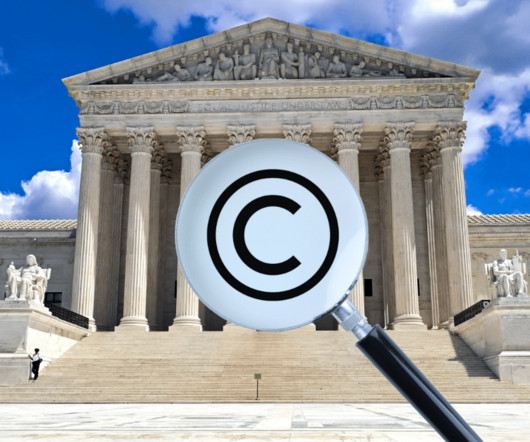
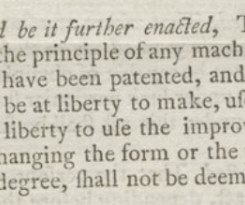
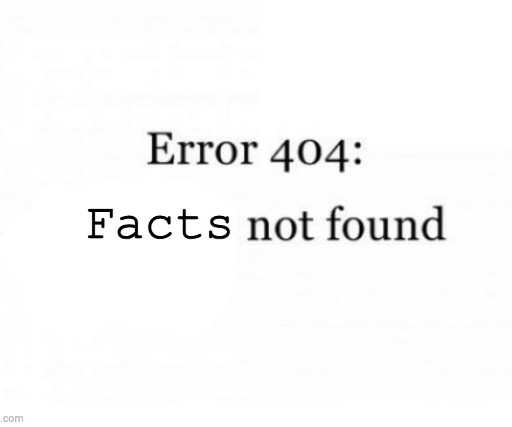




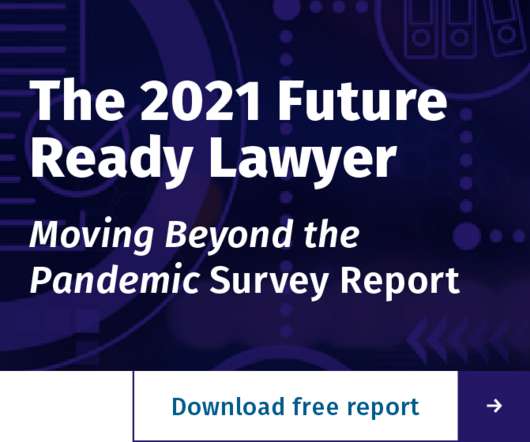
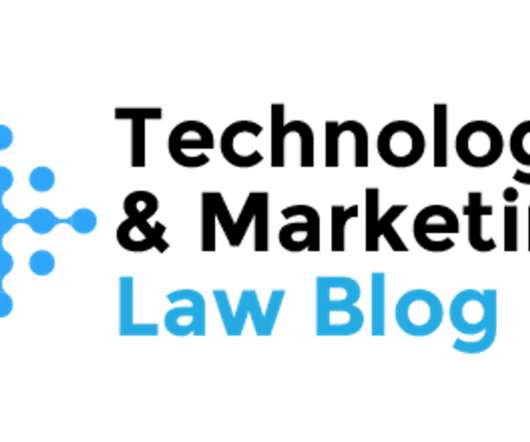
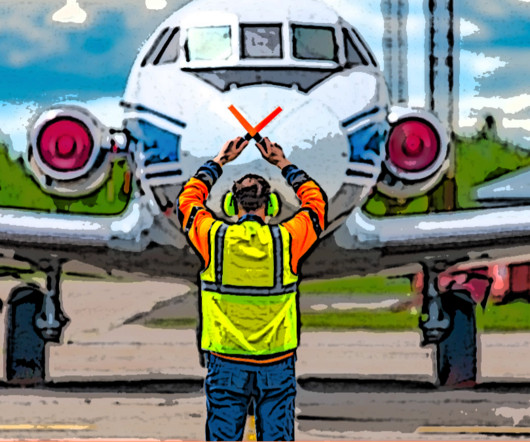






Let's personalize your content